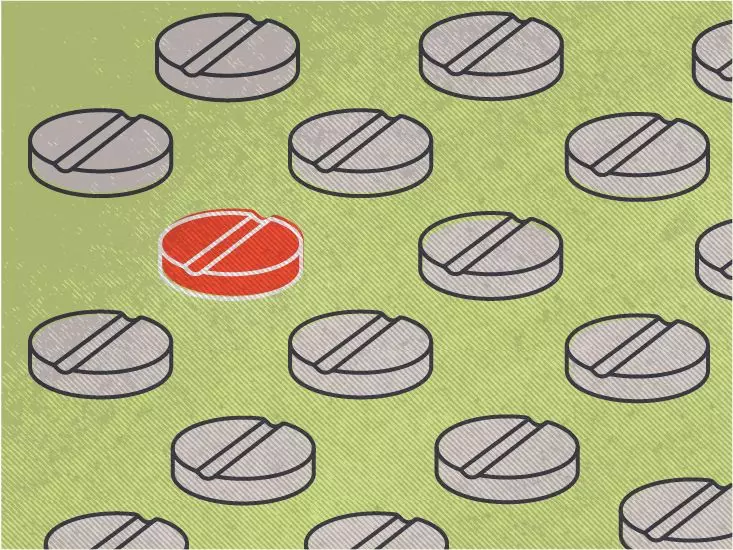When contemplating the use of any medication while pregnant, the stakes are incredibly high, as the potential risks must be weighed against benefits. Ojjaara, a drug in question, presents uncertainties that are essential to address for anyone who is pregnant or may become pregnant. Current animal studies suggest that Ojjaara has caused fetal harm when administered to pregnant test subjects. However, caution is warranted; results from animal studies do not always translate effectively to human outcomes. Therefore, expecting or planning mothers are urged to consult healthcare professionals before initiating any treatment with Ojjaara.
In addition to concerns about fetal risks, the impact of Ojjaara on fertility itself cannot be overlooked. Animal studies have indicated that the drug has detrimental effects on both male and female fertility markers. While this may provoke anxiety regarding reproductive health, it reinforces the importance of professional guidance. Individuals considering conception or facing difficulties in fertility should actively discuss Ojjaara with their healthcare provider to ensure that they have a comprehensive understanding of its implications on their reproductive abilities.
For individuals taking Ojjaara who are sexually active, an element of proactive family planning becomes increasingly vital. Healthcare providers are likely to recommend effective birth control methods to avoid unintended pregnancies while on this medication. Specifically, it is suggested to employ contraception during the treatment period and for one week post-treatment. This caution emphasizes the conservative approach required in handling medications with uncertain profiles.
It’s important to acknowledge that while guidance around birth control for individuals capable of pregnancy is clear, there is a noticeable gap when it comes to recommendations for male patients. Manufacturers of Ojjaara do not offer specific instructions for male patients with respect to birth control, leaving an area of concern that necessitates further exploration and discussion with medical professionals.
The subject of breastfeeding while on medication can often become convoluted. With Ojjaara, it is explicitly advised against breastfeeding not only during treatment but also for a week thereafter. This is primarily due to the potential transfer of the drug’s components into breastmilk, which could adversely affect a nursing child. Therefore, those currently breastfeeding or planning to do so should consult with their healthcare provider to make informed decisions about alternative feeding options during the course of treatment.
Navigating the complexities of medication, especially regarding pregnancy and breastfeeding, requires thorough investigation and clear communication with healthcare professionals. The uncertainties surrounding Ojjaara underscore the critical need for personalized medical advice. Those who can become pregnant must prioritize their health and well-being through informed healthcare choices, ensuring both their safety and that of their potential offspring. Always approach these considerations with openness to dialogue, seeking continuous education on the efficacy and risks associated with any treatment.


Leave a Reply